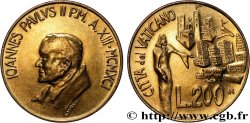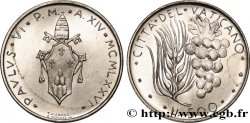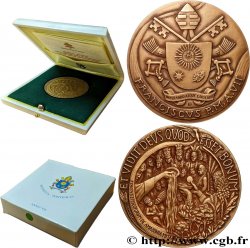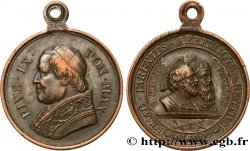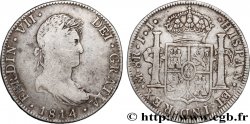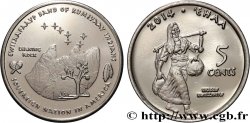Zurück 1/1
fme_441526 - VATIKANSTAAT UND KIRCHENSTAAT Médaille du pape Alexandre V
Nicht verfügbar.
Artikel auf unserem Online-Shop verkauft (2022)
Preis : 175.00 €
Artikel auf unserem Online-Shop verkauft (2022)
Preis : 175.00 €
Type : Médaille du pape Alexandre V
Datum: n.d.
Name der Münzstätte / Stadt : Italie, Rome
Metall : Bronze
Durchmesser : 40,23 mm
Stempelstellung : 12 h.
Graveur S. V.
Gewicht : 32,75 g.
Rand lisse
Kommentare zum Erhaltungszustand:
Intéressante médaille avec une patine brune homogène
Vorderseite
Titulatur der Vorderseite ALEXANDER V - PONT MAX.
Beschreibung Vorderseite Buste à gauche du pape Alexandre V.
Rückseite
Titulatur der Rückseite VNGE. EVM. IPSE. EST.
Beschreibung Rückseite Scène (revisitée par aspersion) du baptême du Christ.
Kommentare
La même cassure de coin est visible au droit sur l’exemplaire vendu en 2008 par A. Tkalec AG.
Pierre Phylargis ou Philarges ou Filargo, dit Pierre de Candie (Pietro di Candia en italien), (né en 1340 et mort le 3 mai 1410) a été élu pape à Pise sous le nom d'Alexandre V durant le Grand Schisme d'Occident. Comme tous les papes d'Avignon et les papes de Pise de cette époque, il est aujourd’hui considéré par l'Église catholique romaine comme un antipape.
Il naît en Crète (alors vénitienne et appelée Candie) de parents inconnus et entre chez les Franciscains. Ses talents sont tels qu'on l'envoie étudier à l'université d'Oxford puis à celle de Paris. Le Grand Schisme d'Occident se produit pendant son séjour à Paris. Il soutient alors le camp du pape de Rome Urbain VI. Il s'installe en Lombardie où, grâce au duc de Milan Jean Galéas Visconti, il devient évêque, d'abord à Plaisance en 1386, puis à Brescia en 1387, Vicence en 1388, à Novare en 1389, avant de devenir archevêque de Milan en 1402. Il enseigne également la théologie à Pavie et mène de nombreuses missions diplomatiques dans toute l'Europe..
The same die break is visible on the obverse of the copy sold in 2008 by A. Tkalec AG. Peter Phylargis or Philarges or Filargo, known as Peter of Candia (Pietro di Candia in Italian), (born in 1340 and died on May 3, 1410) was elected pope in Pisa under the name of Alexander V during the Great Western Schism. Like all the Avignon popes and the Pisa popes of this period, he is today considered by the Roman Catholic Church as an antipope. He was born in Crete (then Venetian and called Candia) of unknown parents and entered the Franciscans. His talents were such that he was sent to study at the University of Oxford and then at that of Paris. The Great Western Schism occurred during his stay in Paris. He then supported the camp of the Pope of Rome Urban VI. He settled in Lombardy where, thanks to the Duke of Milan, Giovanni Galeazzo Visconti, he became bishop, first in Piacenza in 1386, then in Brescia in 1387, Vicenza in 1388, Novara in 1389, before becoming Archbishop of Milan in 1402. He also taught theology in Pavia and led numerous diplomatic missions throughout Europe.
Pierre Phylargis ou Philarges ou Filargo, dit Pierre de Candie (Pietro di Candia en italien), (né en 1340 et mort le 3 mai 1410) a été élu pape à Pise sous le nom d'Alexandre V durant le Grand Schisme d'Occident. Comme tous les papes d'Avignon et les papes de Pise de cette époque, il est aujourd’hui considéré par l'Église catholique romaine comme un antipape.
Il naît en Crète (alors vénitienne et appelée Candie) de parents inconnus et entre chez les Franciscains. Ses talents sont tels qu'on l'envoie étudier à l'université d'Oxford puis à celle de Paris. Le Grand Schisme d'Occident se produit pendant son séjour à Paris. Il soutient alors le camp du pape de Rome Urbain VI. Il s'installe en Lombardie où, grâce au duc de Milan Jean Galéas Visconti, il devient évêque, d'abord à Plaisance en 1386, puis à Brescia en 1387, Vicence en 1388, à Novare en 1389, avant de devenir archevêque de Milan en 1402. Il enseigne également la théologie à Pavie et mène de nombreuses missions diplomatiques dans toute l'Europe..
The same die break is visible on the obverse of the copy sold in 2008 by A. Tkalec AG. Peter Phylargis or Philarges or Filargo, known as Peter of Candia (Pietro di Candia in Italian), (born in 1340 and died on May 3, 1410) was elected pope in Pisa under the name of Alexander V during the Great Western Schism. Like all the Avignon popes and the Pisa popes of this period, he is today considered by the Roman Catholic Church as an antipope. He was born in Crete (then Venetian and called Candia) of unknown parents and entered the Franciscans. His talents were such that he was sent to study at the University of Oxford and then at that of Paris. The Great Western Schism occurred during his stay in Paris. He then supported the camp of the Pope of Rome Urban VI. He settled in Lombardy where, thanks to the Duke of Milan, Giovanni Galeazzo Visconti, he became bishop, first in Piacenza in 1386, then in Brescia in 1387, Vicenza in 1388, Novara in 1389, before becoming Archbishop of Milan in 1402. He also taught theology in Pavia and led numerous diplomatic missions throughout Europe.







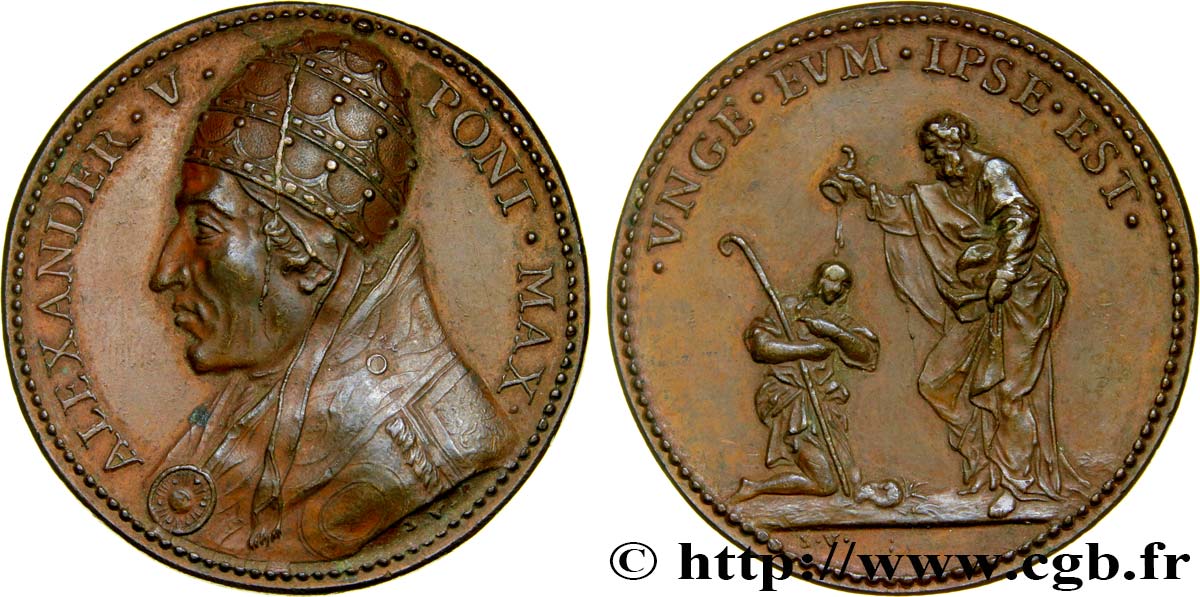
 Berichten über einen Fehler
Berichten über einen Fehler Die Seite drucken
Die Seite drucken Teilen meiner Auswahl
Teilen meiner Auswahl Stellen Sie eine Frage
Stellen Sie eine Frage Einlieferung/Verkauf
Einlieferung/Verkauf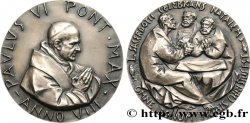
 Details
Details
